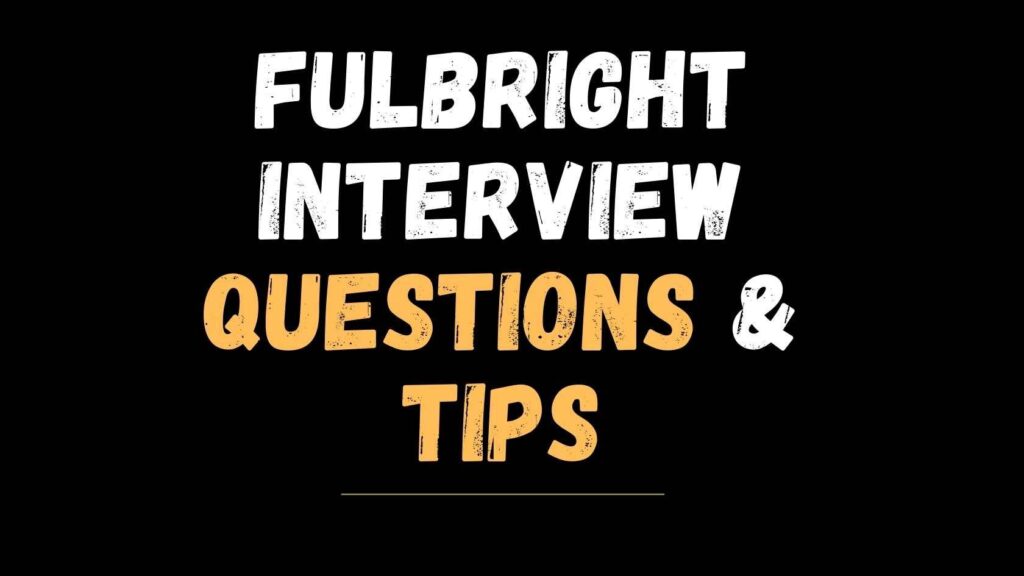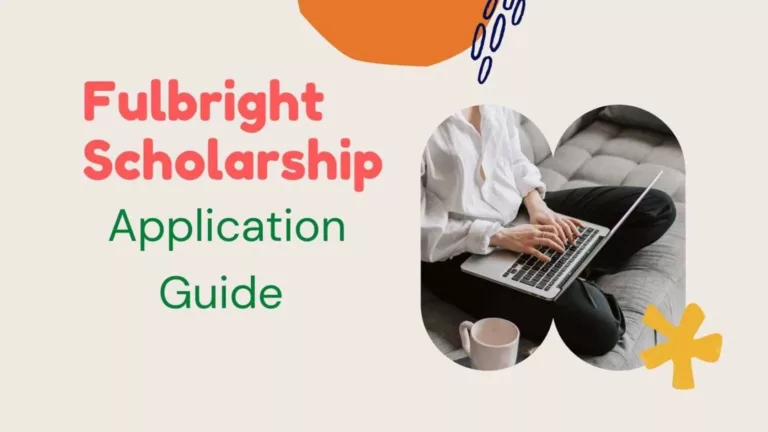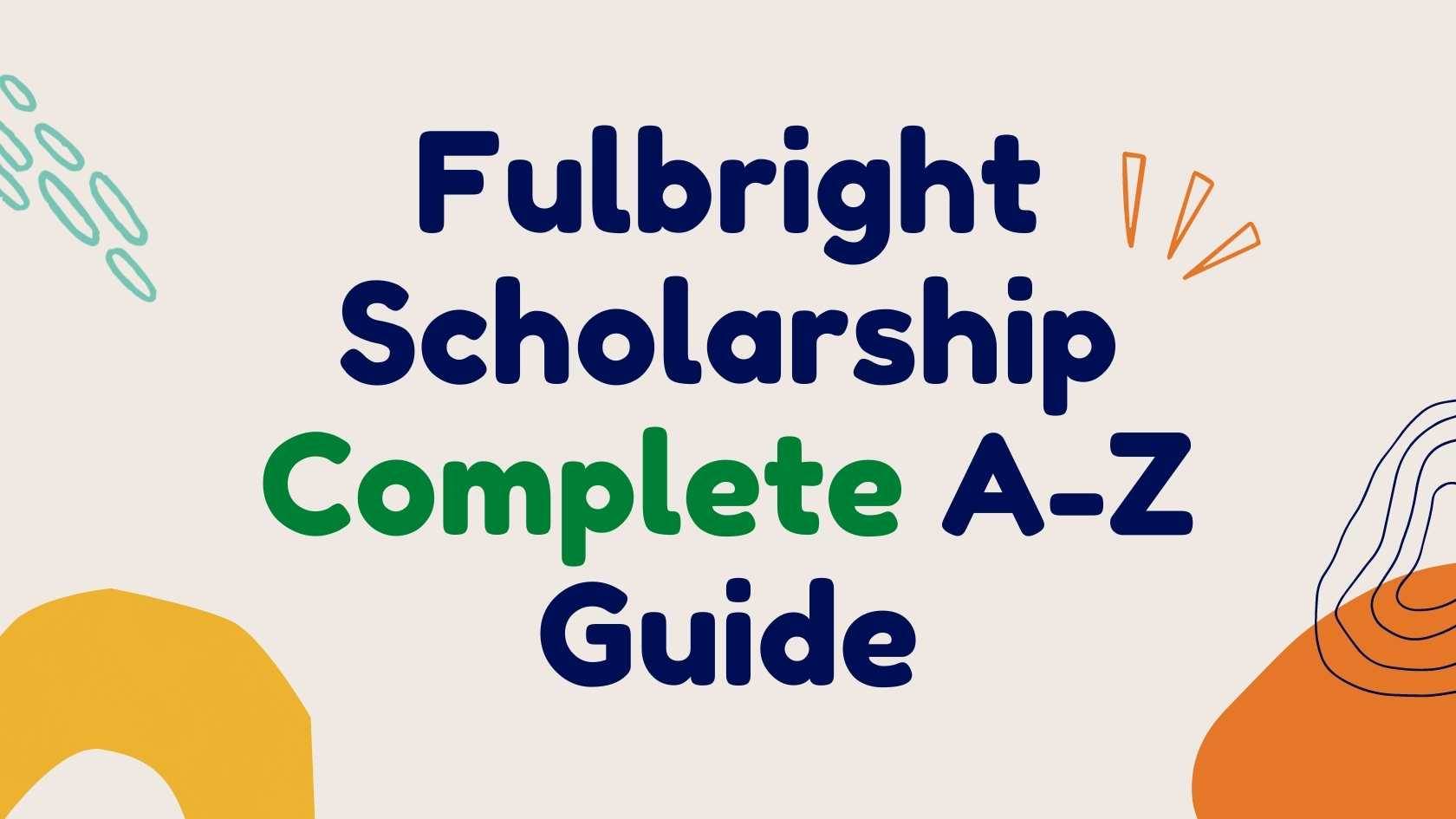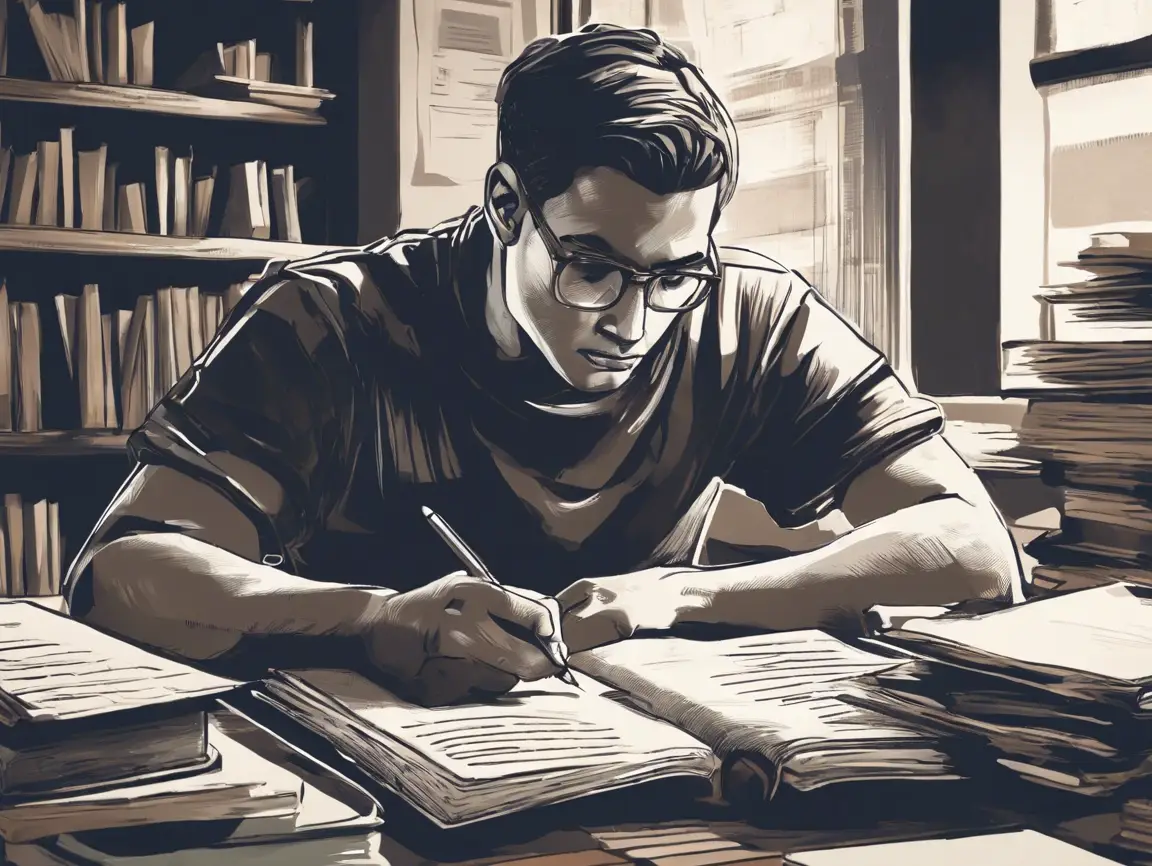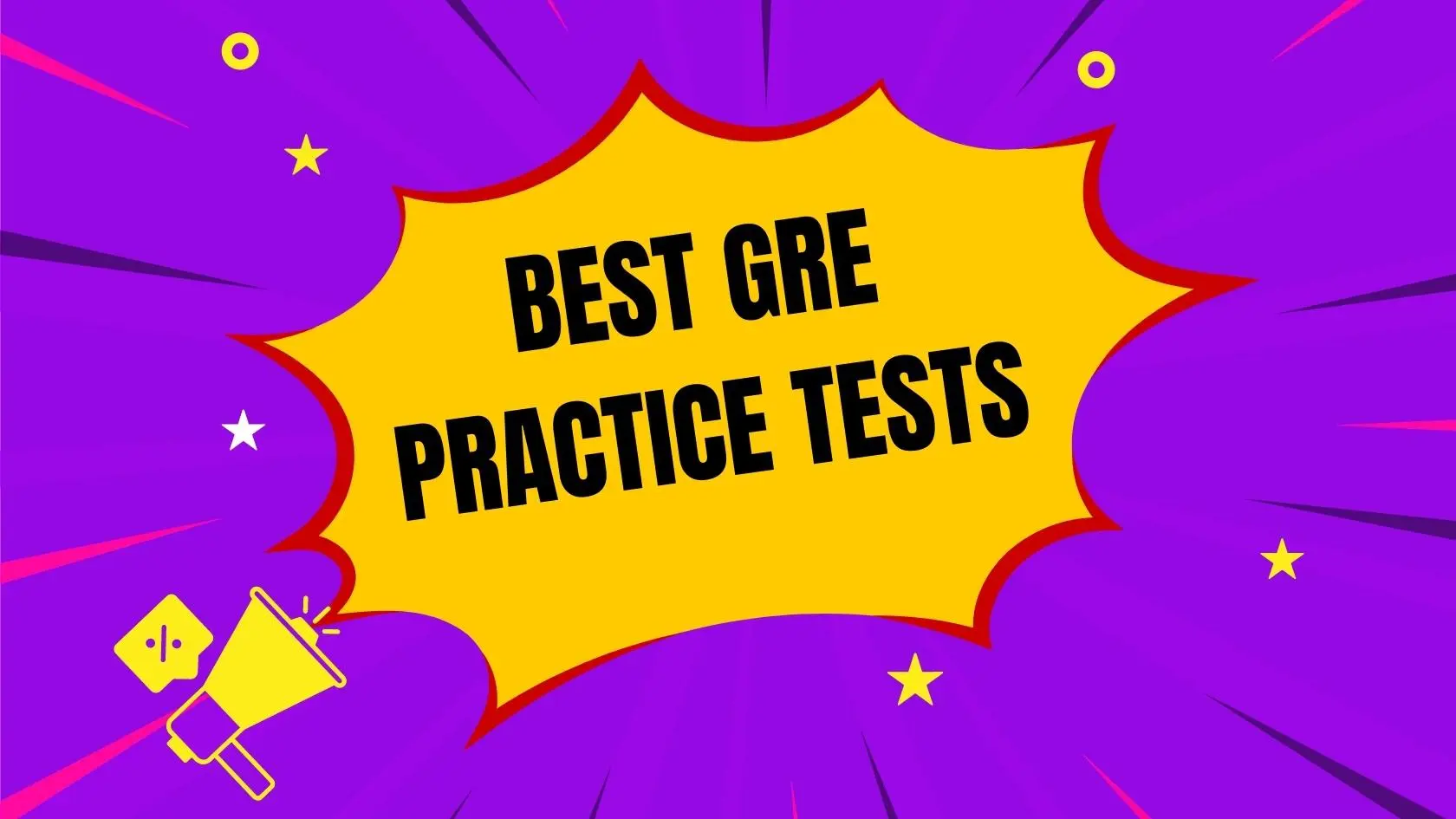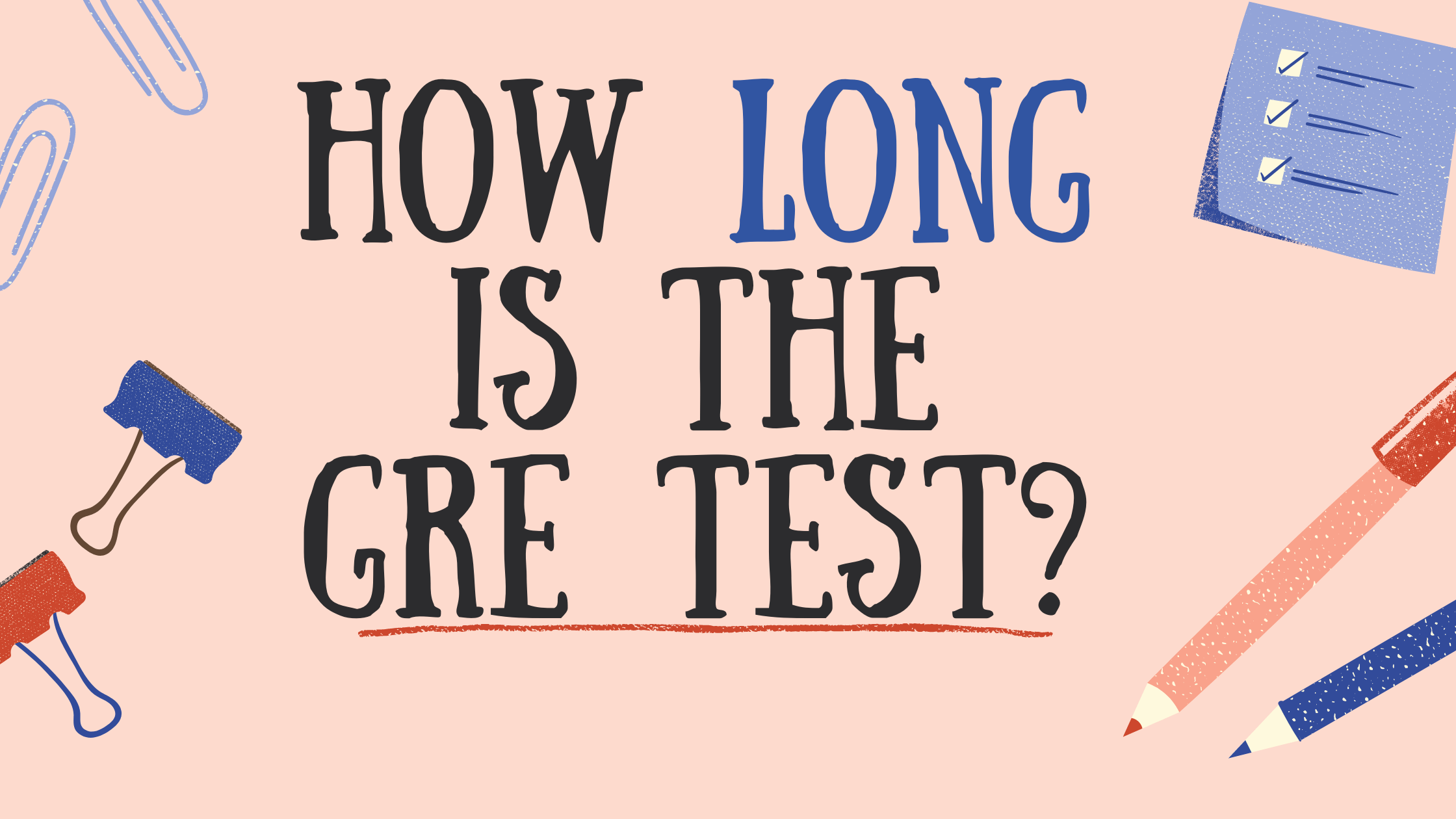For a Fulbright scholarship, the interview is the most critical and final stage of the selection process. The Fulbright program fosters mutual understanding between the U.S. and other nations. You need to make sure you read everything during this Fulbright interview experience. Fulbright program recipients are selected through a highly competitive process. So, it is essential.
So, this one is about my Fulbright Interview experience. Please ignore the grammatical mistakes and typing errors. It was a lengthy document, and I didn’t have time to read what I wrote.
Pre-Interview Tasks
My interview was on the 23rd, and I got a call a week before the Fulbright interview. Also, in the email, there are one or two forms that you need to fill out and send back to them ASAP (usually, they expect the response within 24 hours). Also, you must register for TOEFL as early as you get the call because the seats will fill up quickly before you expect them. TRUST ME, register yourself ASAP after you get the interview call. Your TOEFL registration date MUST be within two weeks after your Fulbright interview date. So you get about two weeks to prepare for your TOEFL exam, which is more than enough, in my opinion, if you follow the right resources. The Fulbright Program is a prestigious international exchange program that offers research, study, and teaching opportunities in over 140 countries worldwide.
Preparation
Make sure you are well prepared for some basic Fulbright Interview Questions. Well, prepared means you have a short and complete sentence in your mind about that question. TIP: They don’t like long answers. Be brief and precise.
What questions are asked at the Fulbright scholarship interview?
The questions you should consider can be:
- Introduce yourself
- What is your major field of study?
- Why did you choose his field?
- Why do you want higher education?
- What will you do after your degree?
- Why the USA?
- Why the Fulbright Scholarship?
- Why these specific universities? (if you have mentioned preferences in your application)
- How will your Ph.D. or MS contribute to Pakistan?
- Do you know about US culture?
- What difficulties are you expecting to encounter?
- Can you adjust there?
- Do you have any publications?
- What is it about?
- What results did you deduce from your (they will pick up any from your CV) research?
- How much experience do you have?
- What was your job at (any XYZ from your CV)?
Don’t worry, you won’t be asked this much. These are just the common questions you might encounter, and then you should go through all the documents you have submitted, including but not limited to
- Your Fulbright application as a whole
- Your essays, in particular
- Your CV
- Your publications (in case of PhD)
- Your work experience
- Your ongoing research (if any)
To increase your confidence, it is better to try answering these questions with a friend or sibling. You will have to answer all questions in English, so be prepared for that.
Last but not least, ensure you have a good night’s sleep before your interview day, especially for those traveling to Islamabad.
Interview Day
ARRIVAL AT USEFP: At my time, I didn’t know that interviews happen in batches, so I thought I should reach half an hour earlier than my reporting time, but you should not know that. If your reporting time is 12, make sure you get around 12 and not earlier, as you will still have to wait an hour before the process starts. You can also come within half an hour of your reporting time. First, you will go through security checking, switch off your mobile phones, and submit them at the counter to take the visitor’s card. Then you will sit there till your reporting time (girls wait inside whereas boys have to sit outside, so do not try to arrive too early). After that, you will be asked to place your bags in the locker, and you can only take your academic documents and locker keys with you.
What to wear to a Fulbright interview?
For a Fulbright interview, it’s best to dress in professional business attire to make a positive impression.
Interview Room
You will not go to the room where you took your GRE test; there is a second building beside that. You will enter that building and wait for some time again. There were 20 aspirants in each interview batch last year. When all aspirants are in the room, you will be given some paperwork to do. One will have some general questions about community work and whether you have relatives in the US. Please answer it similarly to the one you did in your application. Also, you will be given an essay to write in 15 minutes. The purpose of this essay is not to judge your knowledge but to match your writing style. My batch was given the topic: “What was the biggest social movement of the last century?” So, it can be any topic related to current affairs in Pakistan studies. Just think for a few minutes and start writing whatever comes to your mind.
Interview Begins
You will see American panelists entering the room. Two panels will be going on simultaneously, so each panel interviews 10 people. Make sure you don’t have any other plans after your interview as you will be spending a good 4 hours in USEFP at least, especially for those whose turn will come late. A name and that person will have to sit separately on a chair that is away from the main table and near the interview rooms. Then, that person will be called inside.
There were 4 people on the panel: 2 from Pakistan and 2 from the US.
How long is a Fulbright interview?
Generally, the interview lasts from 1 minute to 20 minutes.
My Interview Panel
My interview panel consisted of two female Pakistani and two male US panelists. None of whom understood my field. TIP: do not use technical terms specific to your field in your answers. Try to be more general and use layman’s terms. Try to show the benefit of your work rather than going deep into the technicalities.
When I was told to sit in that chair, panic hit me. But cool your nerves and say everything is going to be alright. When I entered the room, there was a person sitting separately behind my chair, and four people (as described earlier) were sitting in front of me. They all introduced themselves, and one of them said, “I am going to set the timer for 15 minutes because that’s how long the interview will be,” and he started the clock.
How do you introduce yourself in a Fulbright interview?
A: I deviated from the norms by not saying that my name is Bla Bla and I am doing my MS from XYZ, etc. Instead, I said that all my academic information is in your hands, so I will introduce myself as a responsible daughter, caring sister, and sincere friend. I might not remember the order of the questions, but I will share which questions I remembered and talk about my achievements, too.
Q: Why Fulbright? A: This was the first opportunity that came, and secondly, the US was a pioneer in my field of research, so that is why. NOTE: My answers here could be different from what I actually said there, but the essence is the same. Wordings might have been different.
Q: what is your field?
A: I described my field and then explained in layman’s terms its advantages, as they had no idea about my field.
Then, there was a question about my experience with my application.
Q: Why do you want to do a Ph.D.?
Q: What would you do after completing your degree?
Q: How will your Ph.D. help Pakistan?
A: I focused my answer on the gap filling between academia and industry. Then, there were a few questions about my publication, which was related to my BS project.
Q: How much do you know about American culture?
Q: Well, then, how will you adjust there?
A: I supported my answer by sharing my MS experience of getting along with people from all the provinces. And I think this was it. Then the timer rang. These 15 minutes passed by really quickly. To pass the time sitting outside is very difficult.
My Views
I thought at that time that I could have done better. I was not satisfied with my interview at all. People who came out before me had smiling faces, and they seemed very satisfied. However, none of those candidates received the letter, and Alhamdulillah, I did, and that too as a Principal Candidate. So, I have not yet understood their criterion of selection, so I will advise answering everything correctly. If you don’t know a thing or you don’t have any quality, just admit that. They want a candidate who is willing to learn, not the one who already knows everything.
Lastly, by actually living here, I have learned that they highly support those who accept their flaws and know their areas of improvement because we all are human beings, and we all make mistakes. It takes a huge amount of courage to accept where you are wrong, and they highly support that. I hope I have covered everything. If you have any questions, ask in the comments section, but please don’t ask questions like “I have XYZ profile, so what are the chances of selection?” I cannot answer that.
Note: If you want to improve your chances of success, take a mock interview with Scholar Den founder Faisal Khan. He has an over 80% success rate with candidates who take a mock interview with him.
Read on: Fulbright Interview Experience

